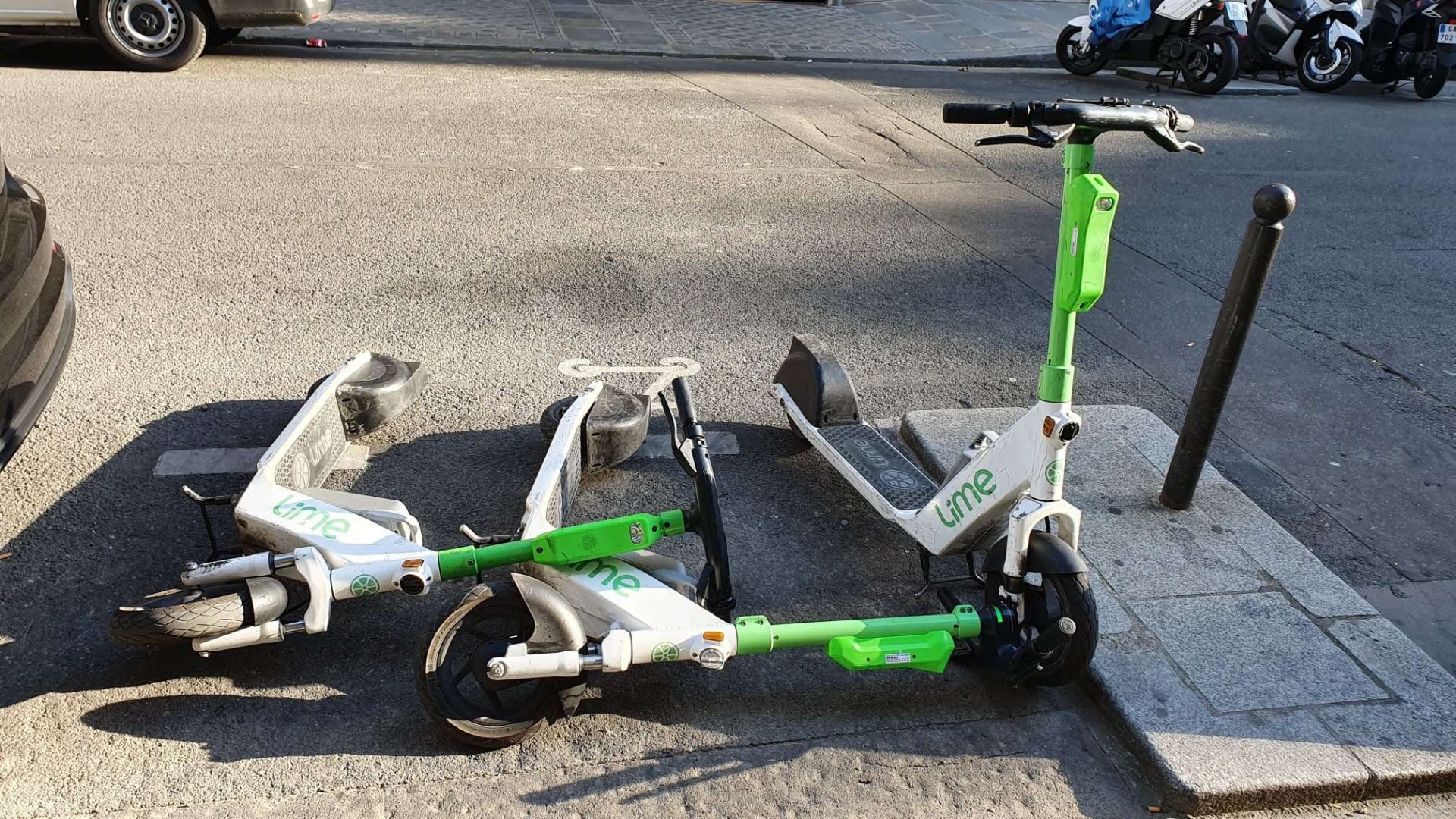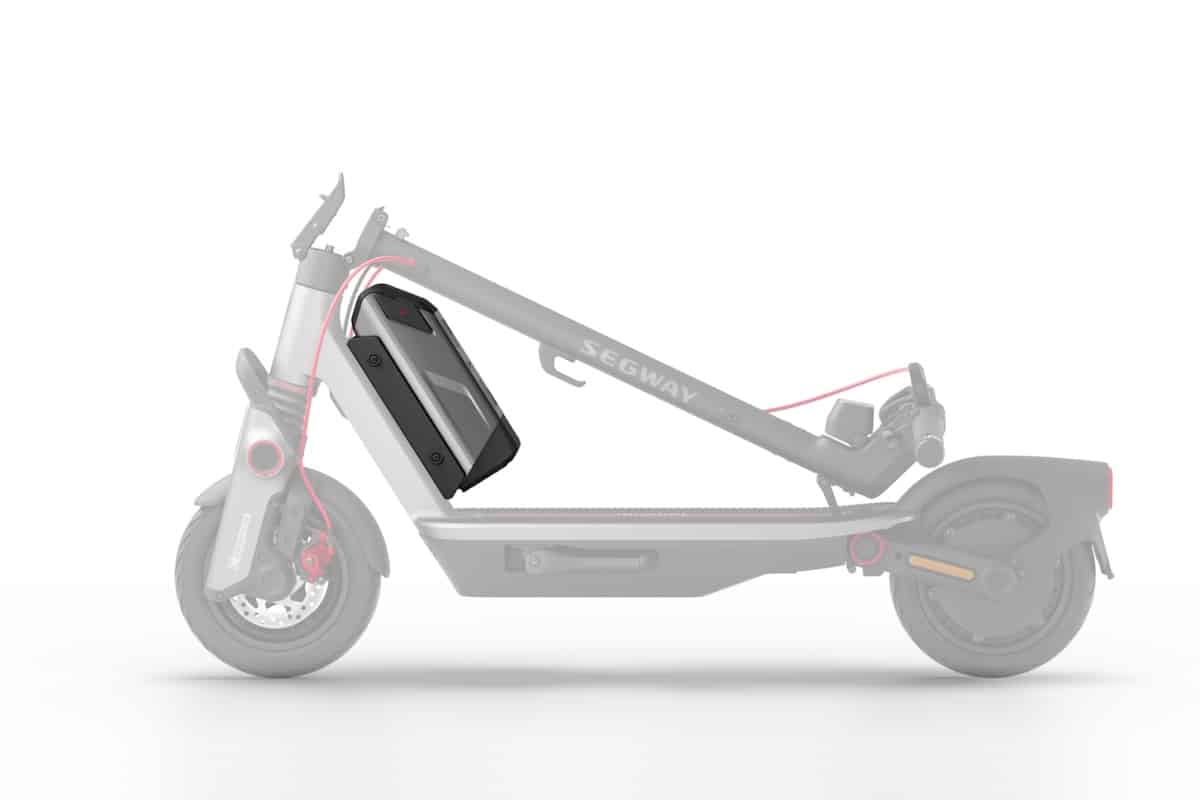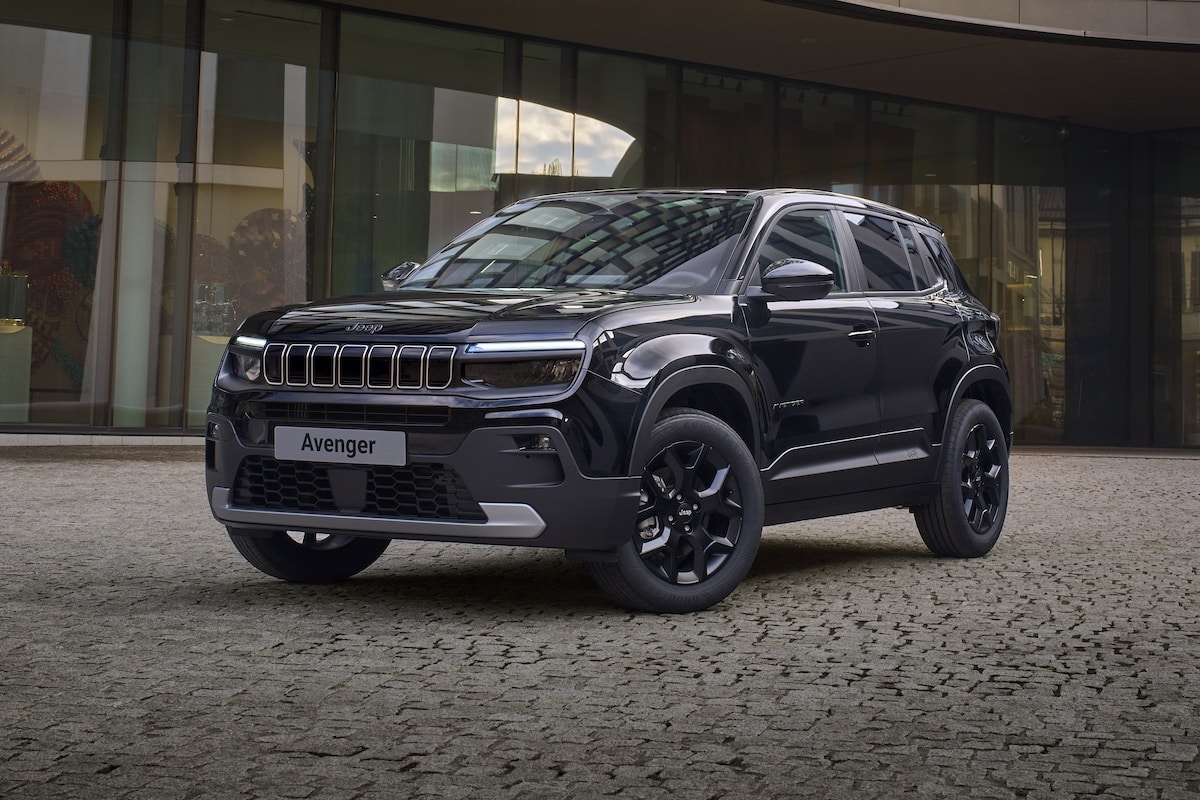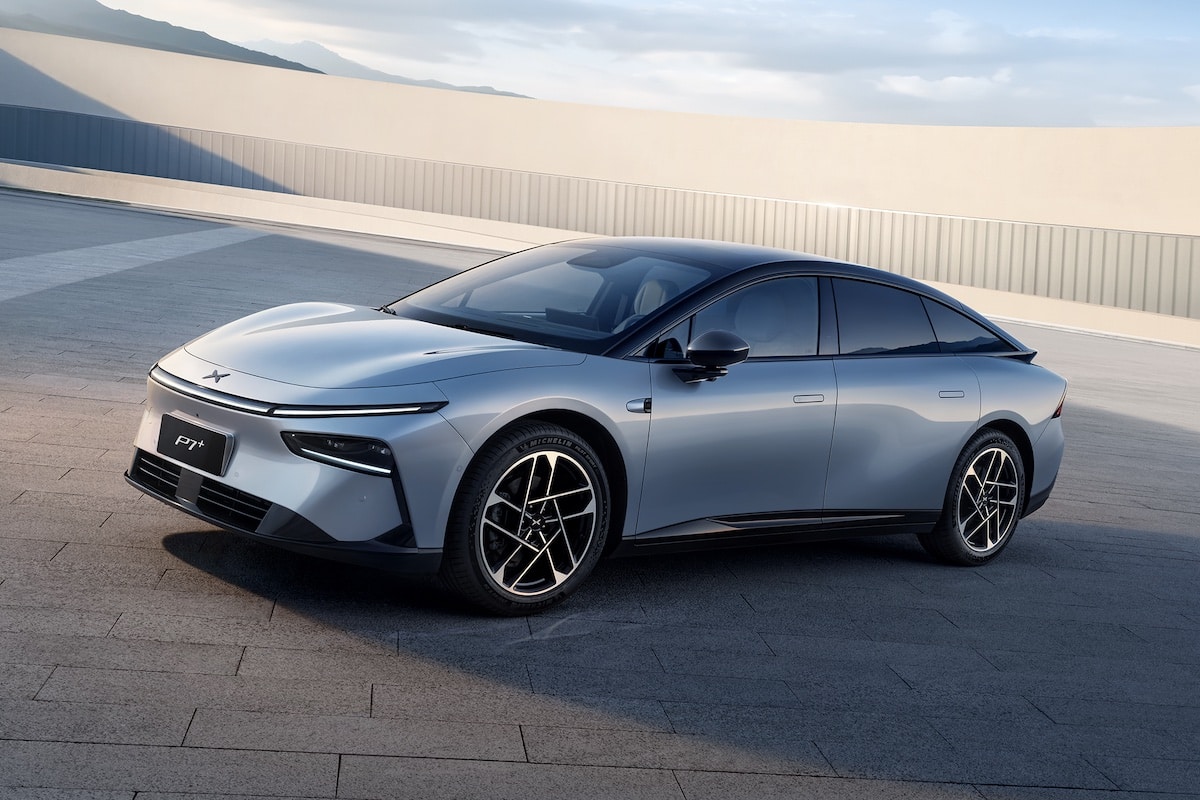Electric scooters: what impact in other capitals?

Following the ban on free-floating electric scooters in Paris, we were curious to see how other European capital cities are managing these devices.
It was during a citizens’ vote last Sunday that the city of Paris decided to ban free-floating electric scooters.
Out of professional curiosity, we wanted to find out how other major European cities regulate these devices. Among 5 cities studied (London, Amsterdam, Rome, Madrid, and Brussels), 4 have implemented regulations on the use of electric scooters.
The Paris ban may influence other European cities to limit their use, especially if safety concerns for other road users are prioritized.
What is the legal status of electric scooters in Europe?
Electric scooters from Lime, Dott, and Tier are used in Madrid. An initiative to expand the existing fleet by adding 6,000 new shared devices is underway. This will delight Madrid residents looking for alternative ways to get around!
This contrasts sharply with the London experience, which is currently in a trial phase until fall 2023 for dockless scooters. These personal mobility devices (PMDs) are limited to 12.5 mph (around 20 km/h) and are only permitted in certain districts of the capital. This may discourage the French population in London, who thus do not benefit from the same mobility options as in Paris!
In summer 2022, Rome estimated that there were 14,500 dockless electric scooters available for rent. However, after some accidents, the city decided to implement new usage regulations for these devices. Similar to London, Rome aims to limit speed to a maximum of 20 km/h and 6 km/h in pedestrian zones. Additionally, the city plans to restrict scooter use to those over 18 years old and reduce the number of operators from 7 to 3.
The site Living in Brussels provides information on current rules in the Belgian capital. The regulations are similar to those Rome is implementing: minimum age of 18 and circulation on bike lanes or roads. Like in Paris, riding on the sidewalk is not allowed, though this rule is not always strictly adhered to in our country.
The unique case of the Netherlands
In the Dutch capital, the rule is clear: electric scooters are prohibited. This applies to both personal electric scooters and dockless vehicles. There are some exceptions, but these devices have been authorized by the Road Registration Service (RDW).
The Dutch company Veeley, however, sought to create an electric scooter for the national market. To do so, it added a small foldable seat in the center. As a result, the device is no longer classified as an electric scooter but as a scooter. It is now subject to laws governing scooters: at least 16 years old and insured. Clever approach!
Thus, rules vary depending on the city within Europe. Before your next trip to these major cities, be sure to check the local regulations regarding electric scooter use!
Read also: Dockless scooters and bikes, the ten commandments for urban integration
This page is translated from the original post "Trottinettes électriques : quel effet dans les autres capitales ?" in French.
We also suggestthese articles:
Also read






